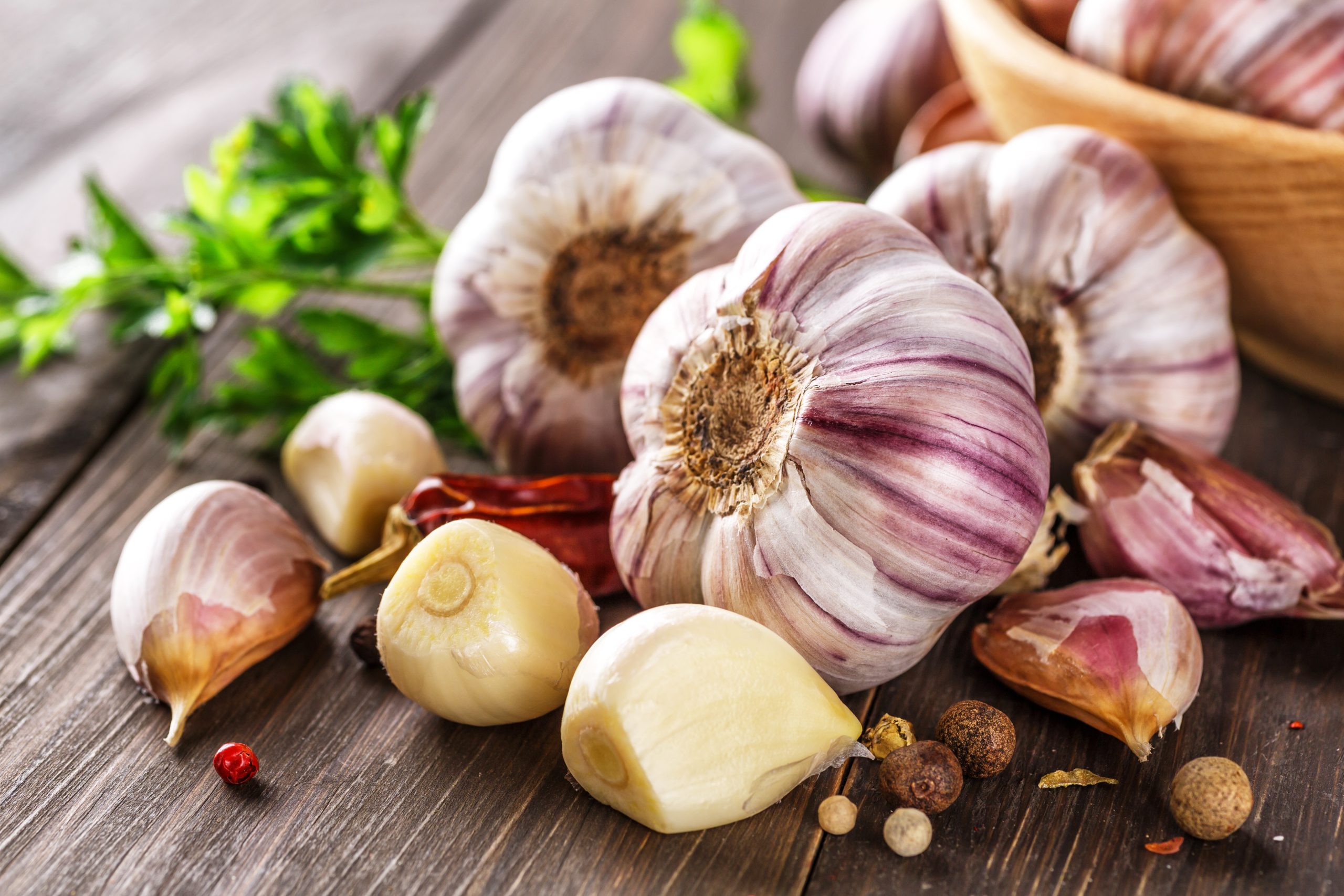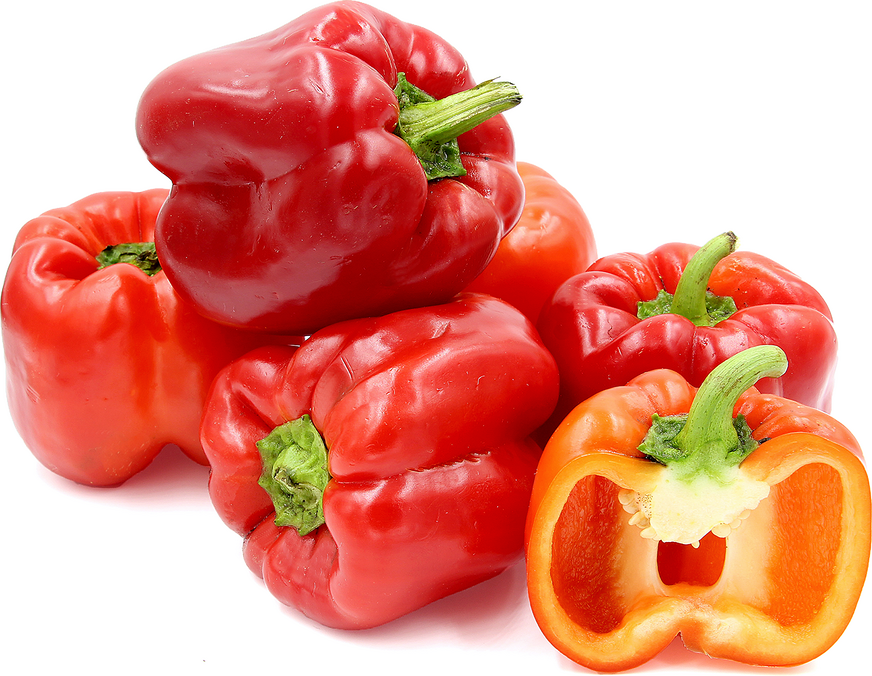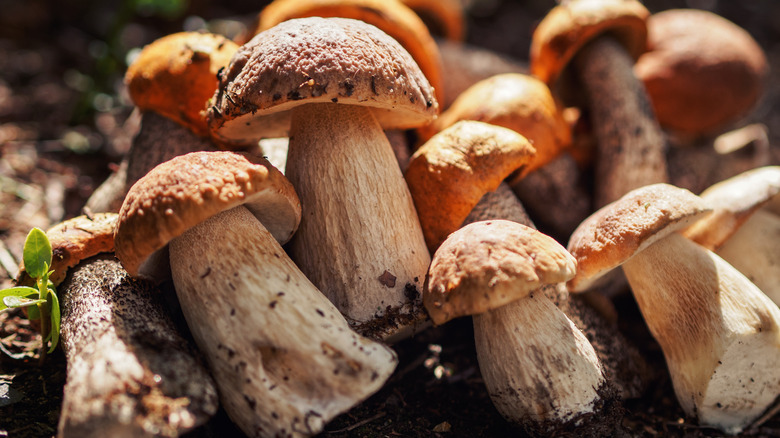Introduction: Why Your Diet Matters for Immunity
Your immune system does an incredible job of defending your body against harmful invaders like bacteria, viruses, and toxins. But it can only function at its best when it gets the right fuel nutrients from food.
While there’s no single food that guarantees protection from illness, a well-rounded diet full of immune-supportive nutrients can help your body better respond to infections and reduce recovery time. Below are 10 scientifically supported, everyday foods that can strengthen your immunity naturally and you probably already have some of them in your kitchen.
🍊 1. Citrus: Fruits Your Vitamin C Powerhouse

Citrus fruits like oranges, lemons, limes, grapefruits, and tangerines are rich in vitamin C, a key nutrient known for stimulating the production of white blood cells the body’s first line of defense against infections.
Vitamin C also acts as a potent antioxidant, protecting cells from damage and speeding up healing. Since our bodies can’t produce or store vitamin C, we need to consume it daily.
🟢 How to add it to your diet:
-
Freshly squeezed orange juice in the morning
-
Lemon water throughout the day
-
Sliced grapefruit as a snack
-
Lime zest in cooking and dressings
🧄 2. Garlic: A Natural Infection Fighter

Used for centuries in traditional medicine, garlic has proven antiviral, antibacterial, and antifungal properties. It contains allicin, a sulfur compound that boosts immune cell activity and helps the body respond to pathogens.
Studies have shown that people who consume garlic regularly may experience fewer colds and shorter duration of illness.
🟢 How to add it to your diet:
-
Crush raw garlic and mix with honey
-
Add to stir-fries, sauces, and soups
-
Use roasted garlic as a spread or topping
🌱 3. Ginger: Anti-Inflammatory and Antioxidant

Ginger is more than a spice it’s a natural remedy for inflammation, nausea, and sore throats. Its key compounds, like gingerol, help reduce oxidative stress, lower inflammation levels, and even inhibit the growth of harmful bacteria.
It’s especially helpful for those prone to respiratory infections or inflammation-related conditions.
🟢 How to add it to your diet:
-
Brew fresh ginger tea with lemon and honey
-
Add grated ginger to smoothies or juices
-
Cook it into stir-fries, curries, or soups
🥣 4. Yogurt: Probiotics for Gut and Immune Health

Your gut health is closely tied to your immune system. A large portion of your immune cells live in your gut, and eating probiotic-rich foods like yogurt can keep your gut microbiome balanced.
Yogurt contains live cultures that support the growth of good bacteria and help your body fight off harmful invaders more efficiently.
🟢 How to add it to your diet:
-
Eat plain yogurt with honey and berries
-
Use as a base for smoothies
-
Make yogurt dips with herbs and garlic
Read Also: Top 15 Local Sites Nigerians Visited Most in 2025(Most visited websites)
🥬 5. Spinach: Nutrient-Dense Green Fuel

This dark leafy green is loaded with vitamin C, vitamin A, folate, and antioxidants, all of which contribute to a healthy immune response. Spinach also contains iron, which helps deliver oxygen to immune cells.
To preserve its nutrients, lightly cook spinach rather than overcooking it.
🟢 How to add it to your diet:
-
Sauté with garlic and olive oil
-
Add raw to salads or sandwiches
-
Blend into smoothies or soups
🥜 6. Almonds: Vitamin E for Immune Cell Protection

Often overlooked, vitamin E is just as important as vitamin C when it comes to immune function. It acts as an antioxidant, protecting immune cells from oxidative damage.
Almonds are one of the best natural sources of vitamin E and healthy fats, both essential for nutrient absorption.
🟢 How to add it to your diet:
-
Eat a small handful daily as a snack
-
Add to granola, oatmeal, or yogurt
-
Use almond butter in smoothies or toast
🟡 7. Turmeric: The Golden Healer
.jpg)
Turmeric contains a powerful anti-inflammatory compound called curcumin. This active ingredient helps modulate immune responses, reduce inflammation, and boost the activity of white blood cells.
Turmeric is especially beneficial for managing chronic inflammation, which weakens the immune system over time.
🟢 How to add it to your diet:
-
Add to curries, stews, or rice dishes
-
Mix into golden milk (turmeric latte)
-
Blend with black pepper to boost absorption
🍵 8. Green Tea: Full of Immune-Supporting Antioxidants
Green tea is rich in polyphenols and EGCG (epigallocatechin gallate) antioxidants known to enhance immune cell function and reduce inflammation. It also contains L-theanine, an amino acid that may help the body produce infection-fighting compounds.
Unlike black tea, green tea is less processed and retains more nutrients.
🟢 How to add it to your diet:
-
Drink 1–2 cups daily (hot or iced)
-
Add lemon or honey for extra immune benefits
-
Use as a base in smoothies
Read Also: 10 Simple Ways to Manage Stress Without Medication
🌶️ 9. Red Bell Peppers: More Vitamin C Than Oranges

Red bell peppers are among the richest natural sources of vitamin C even more than most citrus fruits. They also provide beta-carotene, which your body converts into vitamin A, an essential nutrient for healthy skin and mucous membranes (your body’s first barrier against pathogens).
🟢 How to add it to your diet:
-
Eat raw in salads or as a crunchy snack
-
Roast and add to pasta, tacos, or rice
-
Blend into sauces or soups
🍄 10. Mushrooms: Immune-Modulating Fungi

Certain mushrooms, like shiitake, maitake, and reishi, have powerful immunomodulating properties. They contain beta-glucans, which enhance the activity of white blood cells and promote a balanced immune response.
Mushrooms are also rich in selenium, vitamin D, and B vitamins, all crucial for immune function.
🟢 How to add it to your diet:
-
Add to stir-fries, soups, and pasta dishes
-
Sauté with herbs and olive oil
-
Use mushroom powders in teas or smoothies
A strong immune system starts with what you put on your plate. While no single food can prevent illness, combining these 10 natural, nutrient-rich ingredients in your everyday meals can significantly boost your body’s ability to protect itself.
Remember: Consistency is key. Alongside a balanced diet, stay hydrated, sleep well, manage stress, and move your body regularly. Your immune system will thank you!









